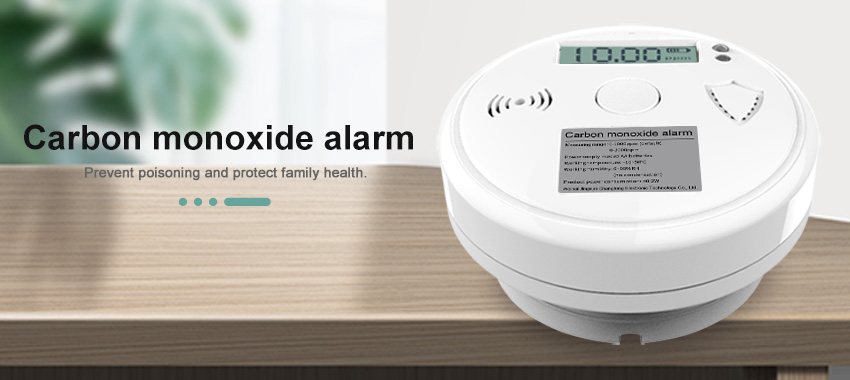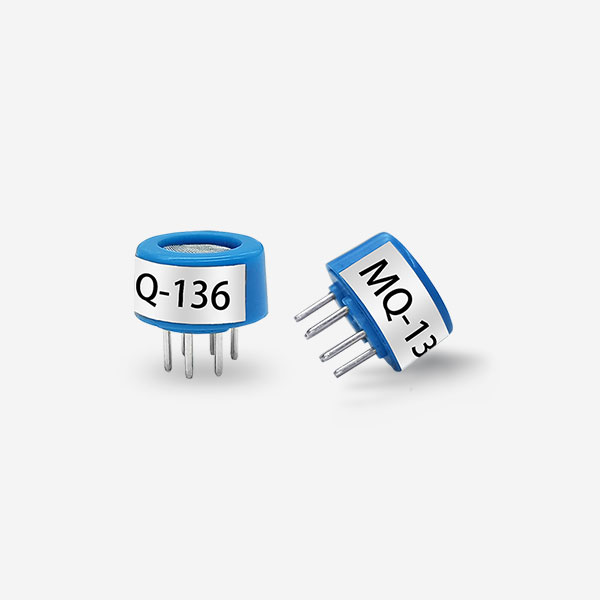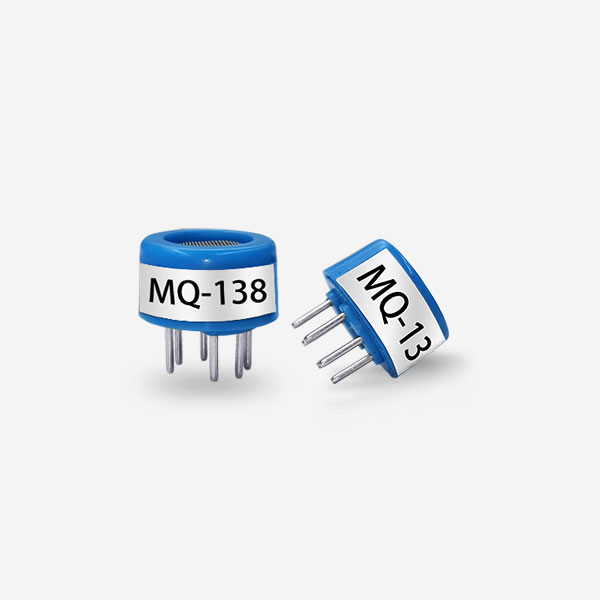Background:
A gas leak detector can be a veritable lifesaver. They work in different ways depending on the gas they are intended for and the equipment should be used exactly as described by the manufacturer. Gas leak sensors detect the presence of flammable or toxic gases and respond by displaying a reading, sounding an audible or visual alarm, and/or sending an alert to your mobile phone. Install them according to the manufacturer's instructions so that they are placed in the most suitable location, such as a carbon monoxide detector outside a bedroom, or a combustible gas detector near a gas appliance.
When we road test, we expose the sensors to gas to see if they trigger an alarm, evaluate how easy and intuitive the companion app is to set up, and look at things like integration with other smart home products. Based on our testing, category expertise, and reviews of the newest and innovative leak detectors on the market.

What type of gas to watch out for
Some carbon monoxide detectors have dual protection and will also alert you if smoke is present, while others can identify multiple gases, making them more useful in a variety of applications. Manufacturers are very specific about which gas or gases their detector will detect, and if the manufacturer doesn't list it, the detector won't sniff a certain gas. Here are some common problems you need to be aware of in your home:
Combustible gas: Natural gas, which is mostly composed of methane and propane, has additives called mercaptans that smell like rotten eggs -- but if you're not near the source, you probably won't smell the leak until it's too catastrophic Night. Combustible detectors use catalytic and infrared sensors, and since propane gas is heavier than air, detectors should be placed low to the ground.
Toxic gases like carbon monoxide: Exposure to high levels of colorless, odorless carbon monoxide (CO) from leaky electrical appliances or vehicles driving in attached garages is harmful and potentially fatal. These gases are lighter than air, so detectors should be placed high in the room to detect potential leaks. Toxic gases are identified by electrochemical and metal-oxide-semiconductor techniques.
Radon: While radon levels in basements or crawl spaces may not cause your home to explode like propane or natural gas, it is radioactive and the second leading cause of lung cancer, according to the Environmental Protection Agency (EPA).

Indoor CO detector – Home CO alarm clock
The CO alarm adopts imported first-line major brand chemical sensors, which have the characteristics of rapid and sensitive response, strong anti-interference ability, long life, high precision, high repeatability and high stability. The carbon monoxide alarm detector is suitable for detecting confined living places: The concentration of carbon monoxide in agricultural greenhouses, production workshops, indoor barbecues, agricultural breeding and other environments.
 : +86 155 8830 2704
: +86 155 8830 2704 : jxdziot@gmail.com
: jxdziot@gmail.com
